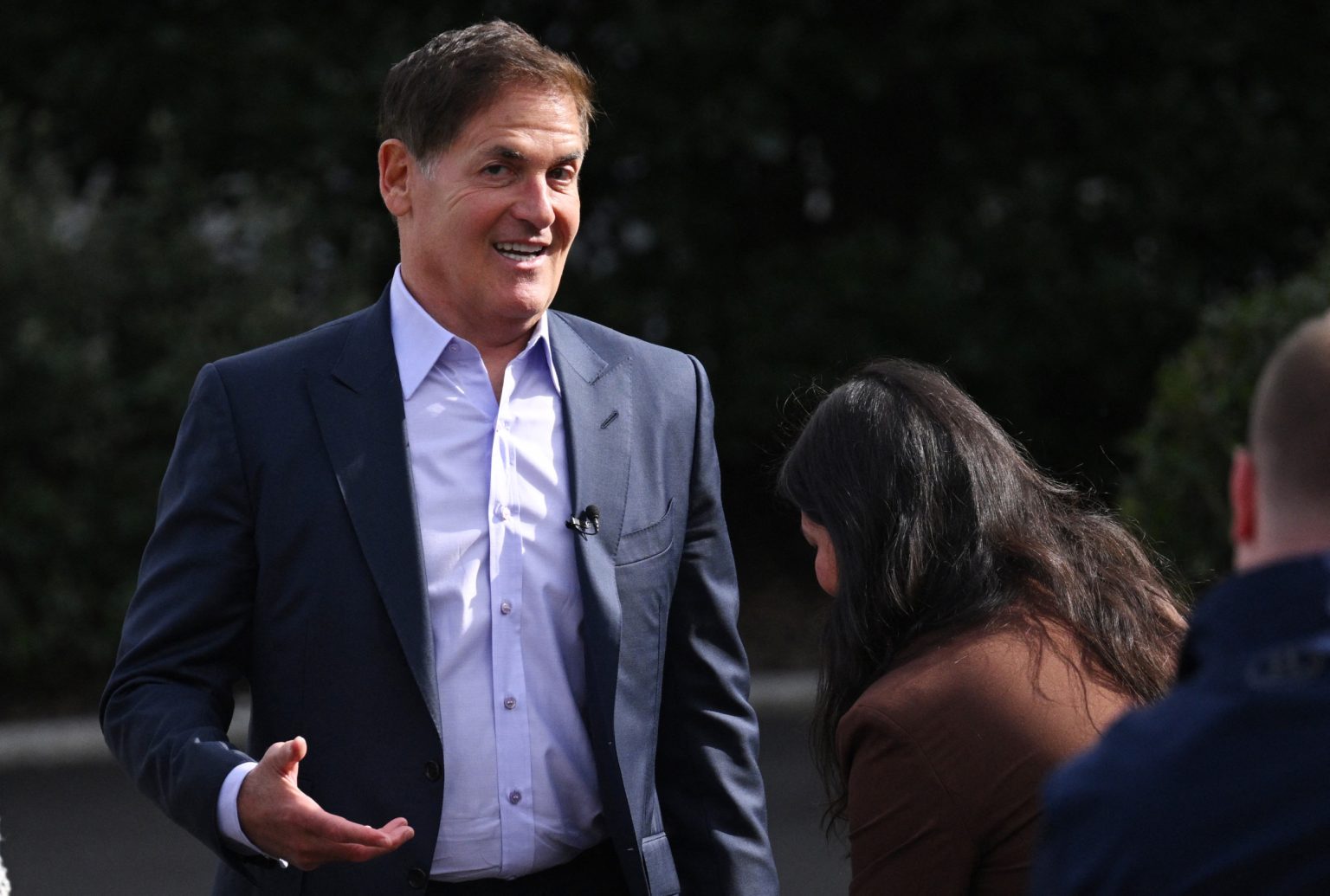Billionaire Mark Cuban recently took aim at former President Donald Trump as he revealed on social media that he will be paying $288 million in taxes, seemingly contrasting his willingness to pay taxes with Trump’s controversial tax history. Trump, who famously refused to release his tax returns during his time in office, was found to have paid little to no federal income taxes in several years, including declaring negative income in certain years and paying as little as $1,500 in income taxes in others. Cuban’s public statement about paying taxes comes just ahead of Tax Day, highlighting the stark contrast with Trump’s tax practices.
Trump’s wealth primarily comes from real estate investments, with his net worth estimated at $3 billion in 2022, a decrease from $4.6 billion in 2016. Despite catering to the top earners with the Tax Cuts and Jobs Act of 2017, Trump claimed the tax cuts would benefit the middle and working classes. However, an analysis revealed that nearly half of the benefits went to individuals earning over $232,000 per year, and the tax cuts led to a substantial increase in the deficit. In comparison, Cuban’s willingness to pay his fair share of taxes reflects a different approach to wealth and taxation, signaling a broader conversation about economic fairness and responsibility among the extremely wealthy.
The controversy over Trump’s tax practices has been a point of contention, with Trump criticizing the release of detailed reports on his taxes and attributing his low tax payments to using deductions and incentives for job creation. The public scrutiny of Trump’s tax returns has raised questions about transparency and accountability in tax matters, especially for those in positions of power and wealth. Cuban’s decision to disclose his tax payment publicly may be seen as a way to demonstrate leadership in financial responsibility and contribute to public dialogue about equitable tax practices.
The release of the tax report on Trump’s income, deductions, and payments while in office shed light on his tax history, including instances where he paid minimal income taxes or claimed refunds in the millions. Trump’s refusal to release his tax returns during his presidency was a departure from longstanding tradition, and the subsequent scrutiny over his tax practices has fueled speculation and criticism. Cuban’s transparency about his tax payment could be interpreted as a direct response to the lack of disclosure from Trump and a way to advocate for greater openness and fairness in tax compliance among high-profile individuals.
As Tax Day approaches, the discussion around taxes, income inequality, and wealth distribution continues to be a contentious issue. While Trump’s tax policies catered to the wealthy elite, Cuban’s public declaration of paying substantial taxes stands as a reminder of the responsibilities that come with immense wealth. The contrasting approaches of these two prominent figures highlight the broader debate around tax fairness, government revenue, and the role of the wealthy in contributing to the public good. Cuban’s statement may spark further reflection on the impact of tax policies on society and the importance of upholding ethical financial practices at all levels of wealth and power.








